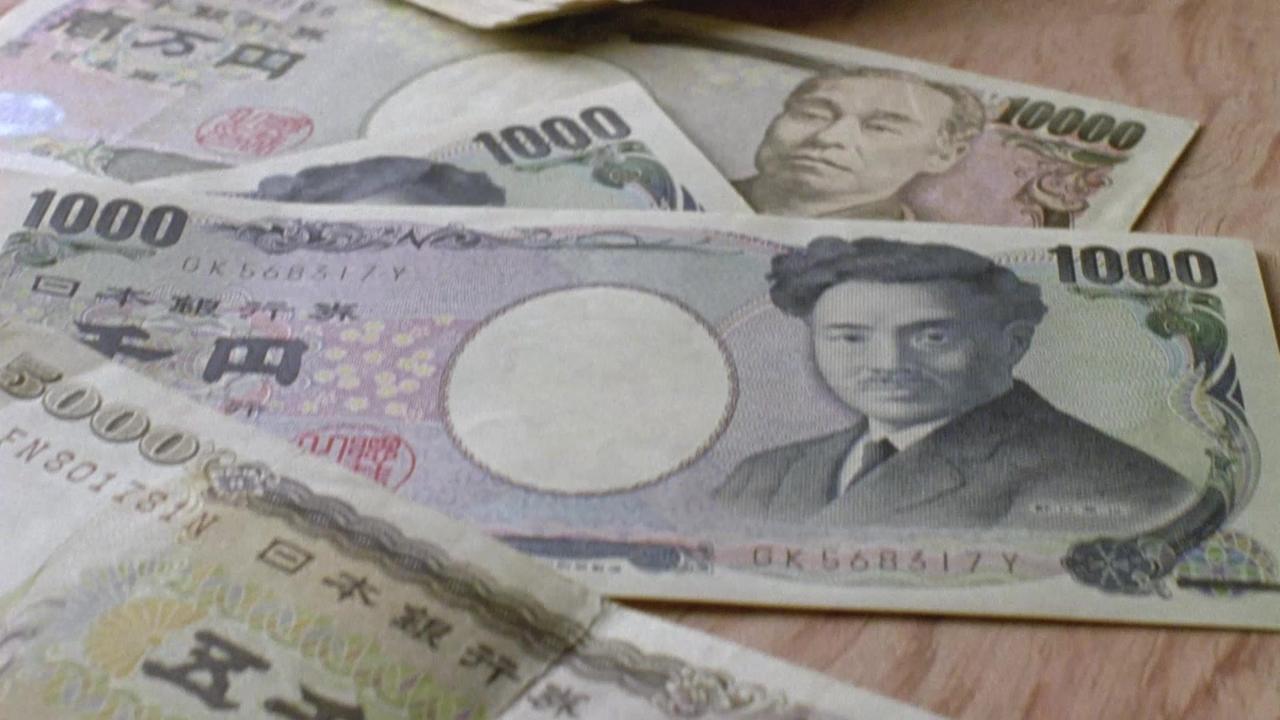
First Major Japanese Bank Under Pressure Due to Higher-for-Longer and Unwinding Carry-Trade Strategy
One of Japan’s largest banks is feeling significant pressure from the global higher-for-longer interest rate policies and the fading carry trade, leading to substantial losses in their fixed-income portfolios. Their strategy to mitigate the issue can only be characterized as a classic “double down.”
Norinchukin Bank, primarily an agricultural co-op bank, has relied heavily on its securities portfolio to generate alpha as other parts of its business have struggled over the past several years. The bank invested heavily in U.S. and European government bonds and Collateralized Loan Obligations while borrowing cheap capital to “synthesize” returns. As borrowing costs have risen and bond prices have declined (yields moving higher), their portfolio value has significantly deteriorated. The bank has estimated a realized loss of $9.43 billion for the current fiscal year (triple the initial estimate) and, based on their March filing, has approximately $13.79 billion in unrealized losses on its books.
Norinchukin Bank has planned a capital raise of approximately 1.2 trillion yen ($7.6 billion) and will sell 10 trillion yen ($63 billion) in U.S. and European bonds by the end of March 2025 in an attempt to mitigate the issue. With the sale of assets and the capital raise, the bank is exploring increased investments in Japanese government bonds (JGBs) and other higher-yielding assets, adjusting its strategy to the current higher interest rate environment. The Bank of Japan is in the early stages of raising interest rates, which may actually increase the yields on JGBs, thereby lowering prices on those government bonds. The company also plans to invest in other products like equities, corporate bonds, and more AAA-tranche Collateralized Loan Obligations, as Norinchukin Bank is known as one of the largest buyers and holders of CLOs in the world.
This is reminiscent of what occurred with Silicon Valley Bank (SVB) last year, although there are key differences. Norinchukin Bank's focus on the agricultural markets may make it less susceptible to a potential “run on the bank,” which has not occurred so far. Another difference is the Yen exposure. As the Yen continues to weaken against the U.S. Dollar, losses will mount due to currency risk. Additionally, as borrowing costs in Japan rise, the spread differential between these fixed-income products narrows, reducing profitability. This is the carry-trade component of the equation, a situation many market economists have speculated on regarding how the global market will respond to the unwinding of Japan's negative interest rate policy – so far, it’s not going so well.
This situation is worth monitoring, as Norinchukin Bank is not the only institution with this type of risk but may be one of the larger banks with significant currency and carry-trade exposure. The ability of the BOJ to navigate this situation without causing turbulence within the financial system will be more of an art than a skill, as they have fewer avenues at their disposal compared to the support the Federal Reserve was able to provide to regional banks last year.
Featured clips




Charles Schwab and all third parties mentioned are separate and unaffiliated, and are not responsible for one another's policies, services or opinions.


